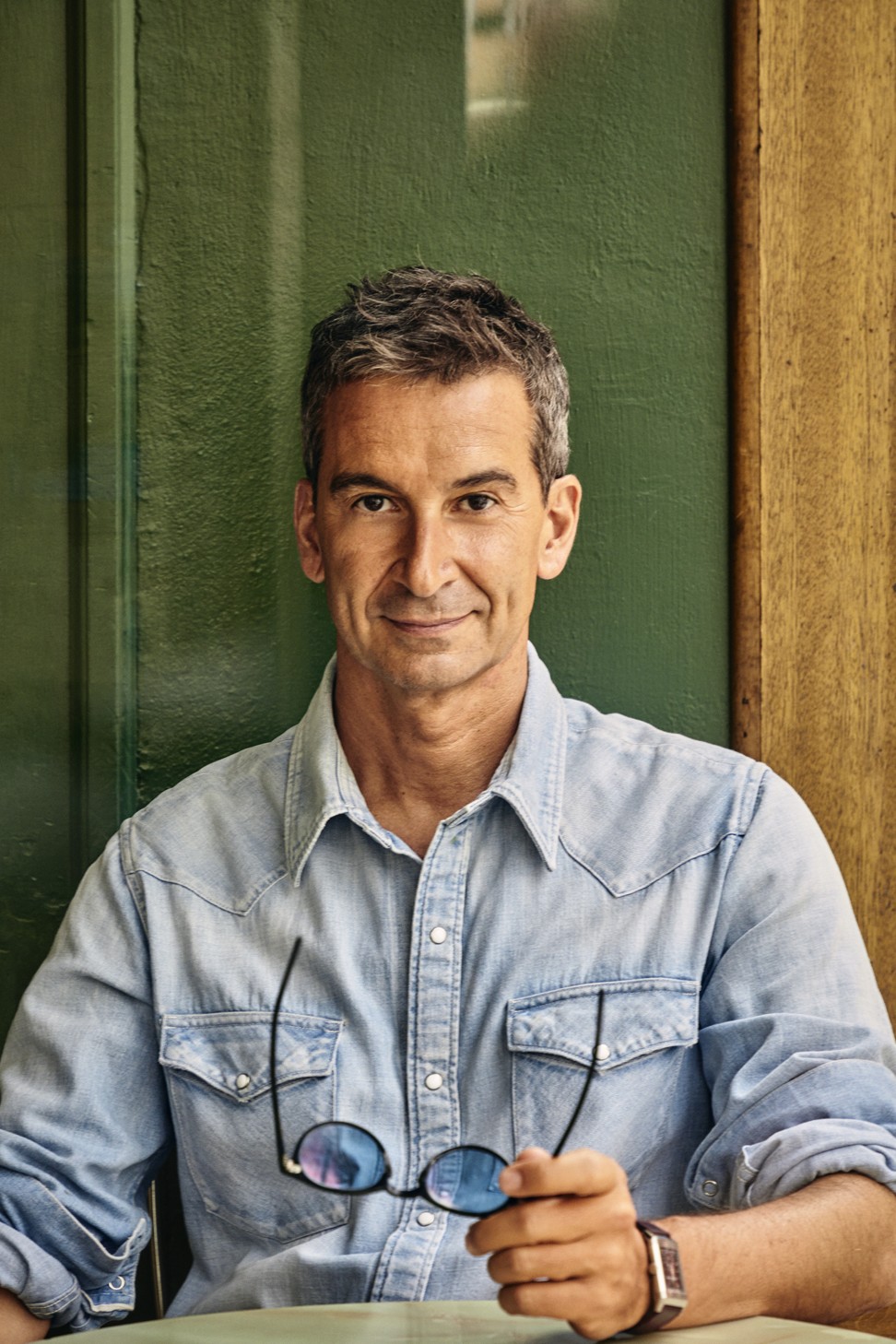
Online luxury fashion retailer’s CEO talks AI stylists, respecting cultures, and the China challenge for Yoox Net-a-Porter
- E-commerce fashion site Yoox, which merged with Net-a-Porter in 2015, first appeared on the scene in 1999
- The chairman and CEO of Yoox Net-a-Porter Group talks about why it remains successful, and why the next luxe market to break into is China
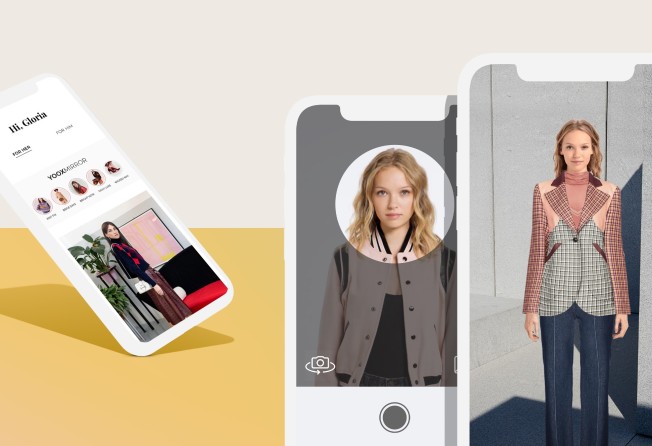
In 1999, Federico Marchetti, the chairman and CEO of Yoox Net-a-Porter Group, came up with the idea of a website selling end-of-season luxury goods. He was a 29-year-old Italian who dreamed big – this was long before e-commerce became a part of our everyday lives.
As the pioneering founder of e-commerce fashion site Yoox, which in 2015 merged with online luxury retailer Net-a-Porter, Marchetti is in charge of the world’s leading luxury online retail group, with more than 3.5 million high-spending active customers in 180 countries.
“I didn’t invent Yoox because I wanted to become a millionaire but as a customer,” says Marchetti when we meet in the Scottish countryside.
“It was the shop of my dreams, like a planet where I could mix and match new collections with vintage fashion online.”

Marchetti, who can still remember the first item he bought online (a pair of Helmut Lang jeans), has always been obsessed with service and calls himself “a pain in the neck” as a customer, no matter if he is staying at a five-star resort or eating at a family-run restaurant.
This fixation on service is one of the founding principles of Yoox, Net-a-Porter, Mr Porter and The Outnet, the four sites under the group, which was acquired by luxury conglomerate Richemont in 2018.
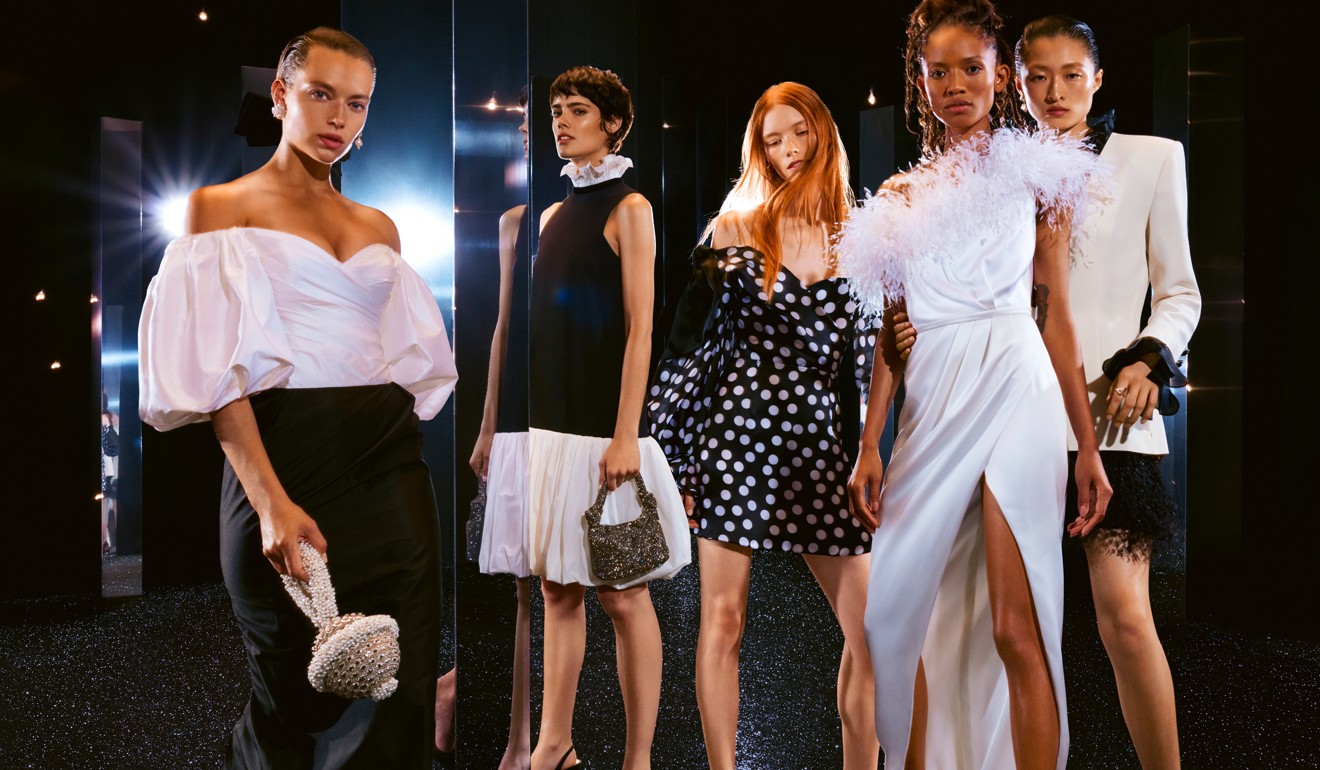
The other pillar of Yoox Net-a-Porter is achieving a balance between art and science, which can be tricky in a business driven by data and algorithms. “It’s always been a part of my philosophy as an entrepreneur because we’re talking about the luxury customer – a very peculiar customer – so it’s about emotion, not just technology and data,” says Marchetti.
This pairing of the hi-tech and the human touch is at the centre of an upcoming collaboration, previewed in Scotland last month, between the group and The Prince’s Foundation – led by Britain’s Prince Charles.
Called The Modern Artisan, the project involves students from Britain and Italy, who will be creating a collection manufactured at Dumfries House, the headquarters of The Prince’s Foundation in Dumfries and Galloway, Scotland. The students will develop the range using traditional dressmaking skills while also being informed by the abundance of data that the Yoox Net-a-Porter Group has at its disposal.
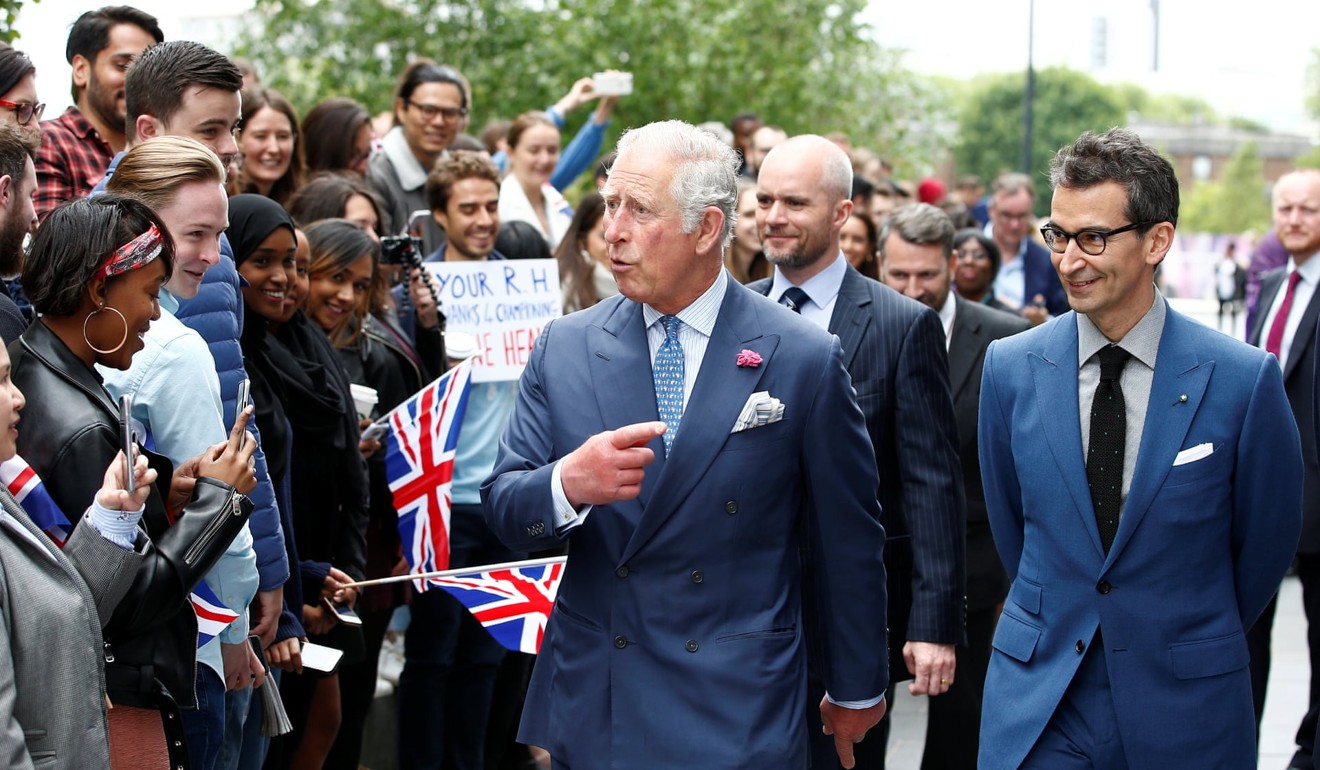
Marchetti gets visibly excited when talking about the projects that his research and development teams are working on in its campuses in London and Bologna, Italy. He brings up the notion of artificially intelligent stylists – machines doing the work of personal shoppers.
Are we to expect a future in which robots will dictate taste?
“The question that we ask ourselves is if machine learning can be applied to teach taste, and the answer is ‘yes’ but stylists will continue to bring the human touch, which is essential,” says Marchetti. “Machines will provide tools to the personal shoppers. It’s about finding a good balance, like in life.”
Our slogan was ‘good fashion never dies’. It was the first example of circular economy, much more than the rental business. We were pioneering sustainability without even realising it
Marchetti is aware that a mere transactional experience won’t cut it in an emotionally driven industry such as luxury, and you need more than just convenience to draw in customers and keep them coming.
“At Net-a-Porter, for instance, two per cent of the customers generate 40 per cent of the revenues so there’s a huge concentration,” says Marchetti. “We call these customers EIP (extremely important persons) and give them experiences like inviting them to fashion shows or events.”
This savoir faire, or know-how, is being brought by Marchetti to what is poised to become the largest luxury market in the world: China.
Earlier this year, Yoox Net-a-Porter announced a joint venture with Alibaba, aiming to bring a new multi-brand online luxury shopping experience to Chinese consumers. (Alibaba owns the South China Morning Post.)
“It’s a partnership where everybody is bringing their best assets. We’re bringing our expertise in online luxury and relationships with brands, while Alibaba is bringing its knowledge of Chinese customers, also the luxury ones,” explains Marchetti, adding that high-end consumers in China have never been exposed to real luxury on the web.
The CEO, who experienced the fast-changing Chinese market for the first time in 2010 when he helped launch the Armani e-commerce store in China, calls the innovation coming from the country “absolutely amazing”. “Think of mobile,” he says. “They’re at the forefront. I remember when I first went to the Olympics in Beijing in 2008 and, to get into the opening ceremony, they already had facial recognition [technology]. That was 10 years ago – way before US immigration did that.”
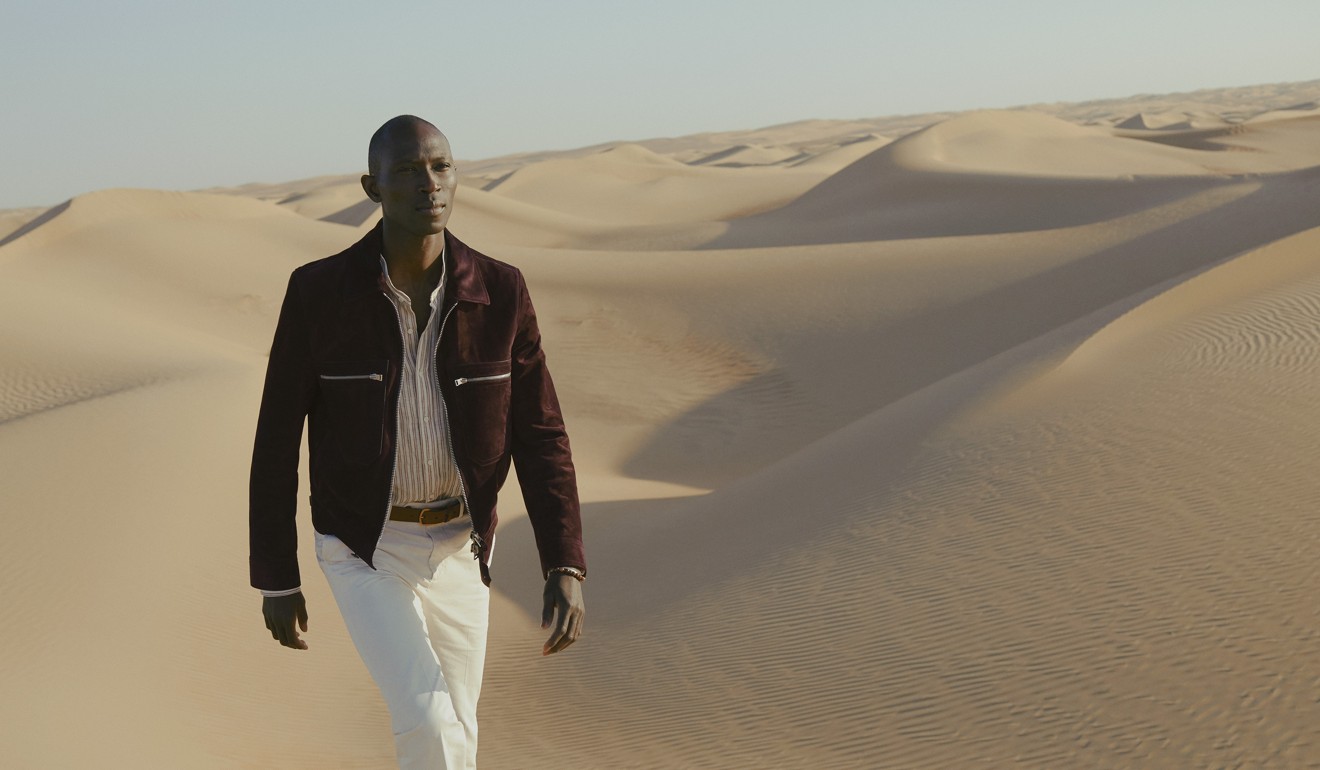
Entering the Chinese market represents a huge opportunity for Western companies but it also comes with risks, as has been seen with recent calls for boycotts of brands such as Dolce & Gabbana and the NBA, which have been mired in much-publicised controversies.
“You need to appreciate the local culture wherever you want to do business,” says Marchetti. “I went to Japan in 2004 and spent the whole summer there to understand the culture, and I did the same in 2010 in China. I took 12 months before launching Armani.com in China because I wanted to understand the culture.
“At a recent digital conference in Los Angeles I was asked about the NBA and Hong Kong, and I said that it’s not just a question of China and mistakes like Dolce & Gabbana but a matter of different cultures, which could be people of colour, like Gucci, or cultural appropriation.
“It’s a question of understanding cultures and what makes the world a global world, and if you understand the cultures then you will make less mistakes. It’s very important for new entrepreneurs to learn about different cultures and to be respectful.”
With people becoming more conscious of where they spend their money, Marchetti says the very idea of Yoox was to give clothes a new lease of life.
“If you think of Yoox when it started in 2000, it was from the bottom, selling end-of-season stock and giving a second life to beautiful products,” he says. “Our slogan was ‘good fashion never dies’. It was the first example of circular economy, much more than the rental business. We were pioneering sustainability without even realising it.”
Marchetti has grand ambitions for the group, which celebrates its 20th anniversary next year (Net-a-Porter was also founded by visionary entrepreneur Natalie Massenet in 2000), and is not about to rest on his laurels. He knows that staying ahead of the curve is key – especially as the company embarks on a technological upgrade that, according to a report in fashion trade news portal The Business of Fashion, has been plagued with issues.
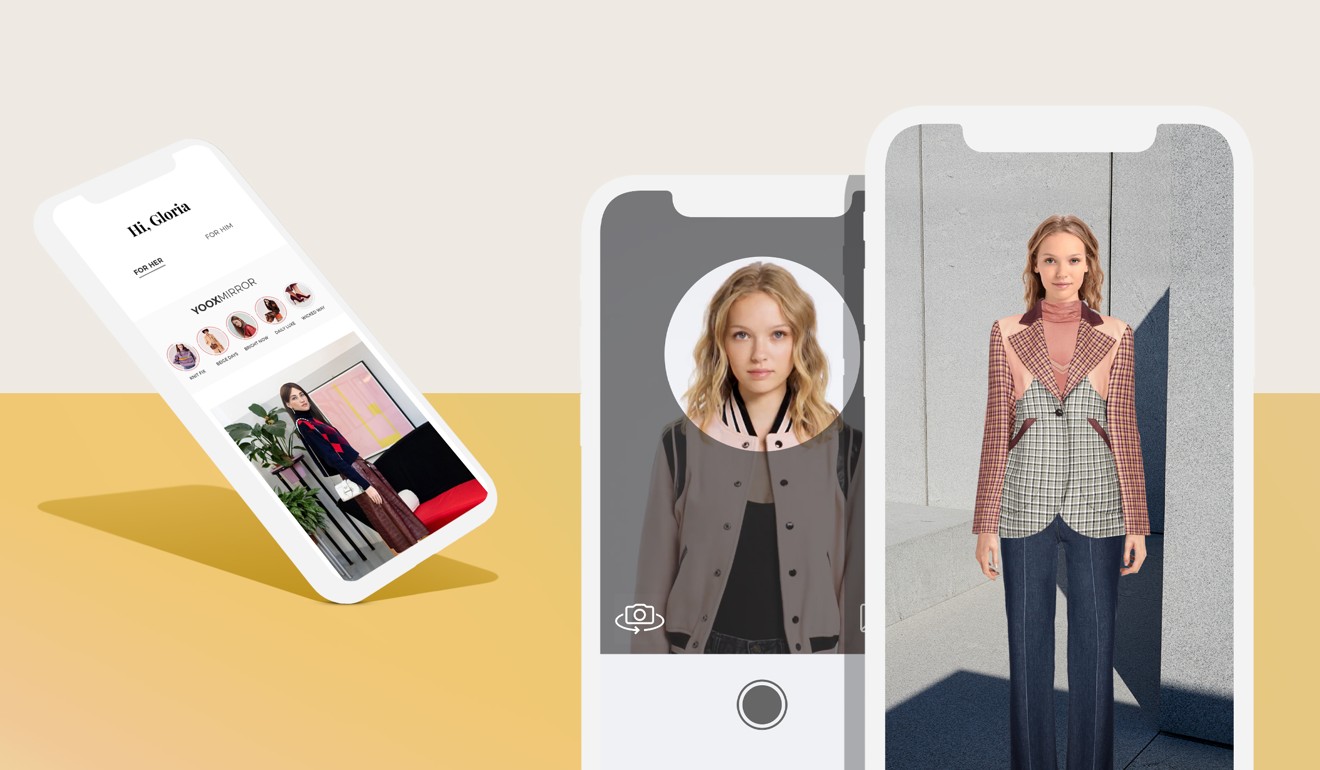
As mass e-tailers such as commerce giant Amazon make forays into fashion, the group also faces competitors beyond online luxury players Farfetch, Matches Fashion or My Theresa.
“Amazon has always been the benchmark in human and machine but the balance is more towards the machine for obvious reasons, because it’s a general mass-market store. It’s practical and it’s a benchmark for all online customers, but luxury is a different story,” says Marchetti.
“We watch all the competitors and what they do. Never trust somebody who says, ‘We don’t have competitors.’ Everybody is competing. We’re also competing with luxury hotels because [people might] book a nice holiday instead of buying a bag – we’re competing with everyone in luxury.”
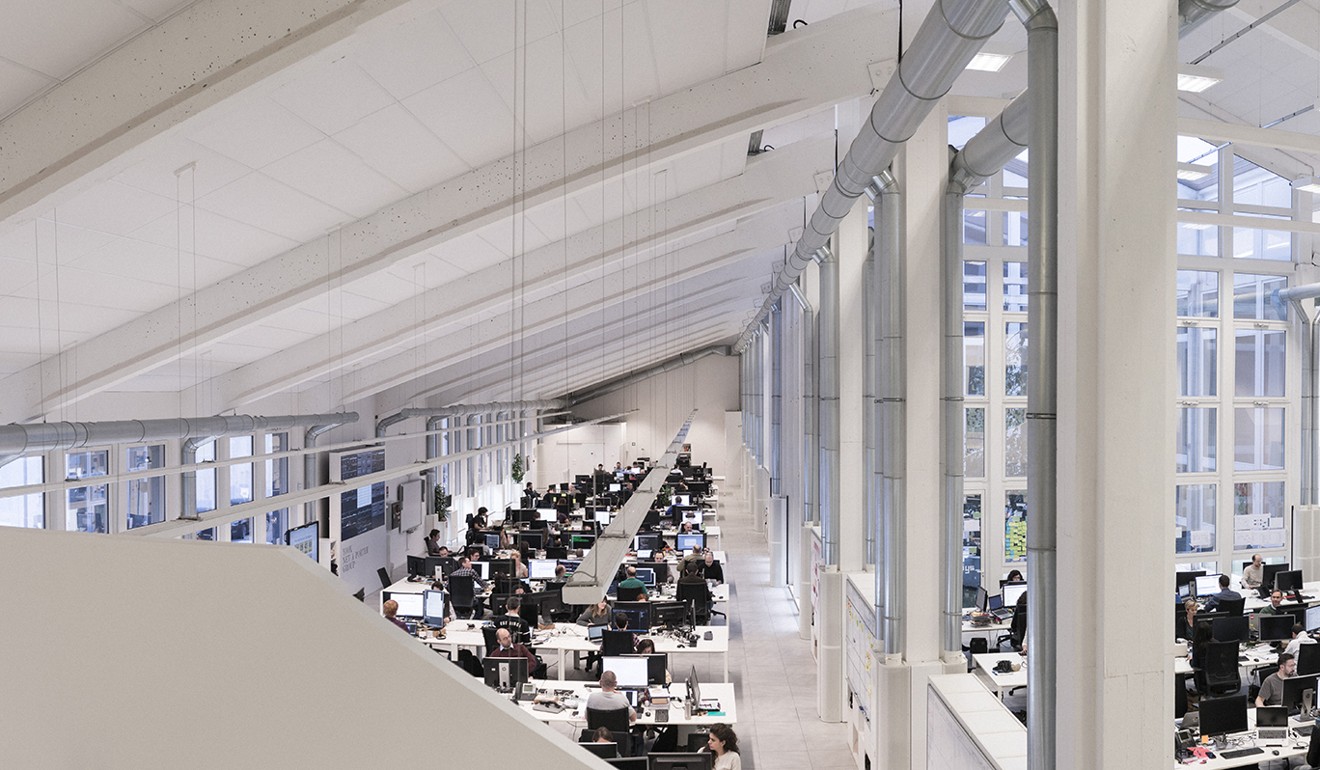
Marchetti may be fully focused on running the group, but he takes the time to talk to the young entrepreneurs who come to him seeking advice.
“I think it’s a good sign that entrepreneurship is popular. It’s a positive thing that people don’t just want to work for McKinsey or Goldman Sachs but want to have their own business,” says Marchetti.
He adds that, regardless of how tempting the idea of becoming a successful founder is, execution is key. “You can have a good idea but execution is the hardest part and therefore the team, the human talent, and the machines to help that talent are very important.”